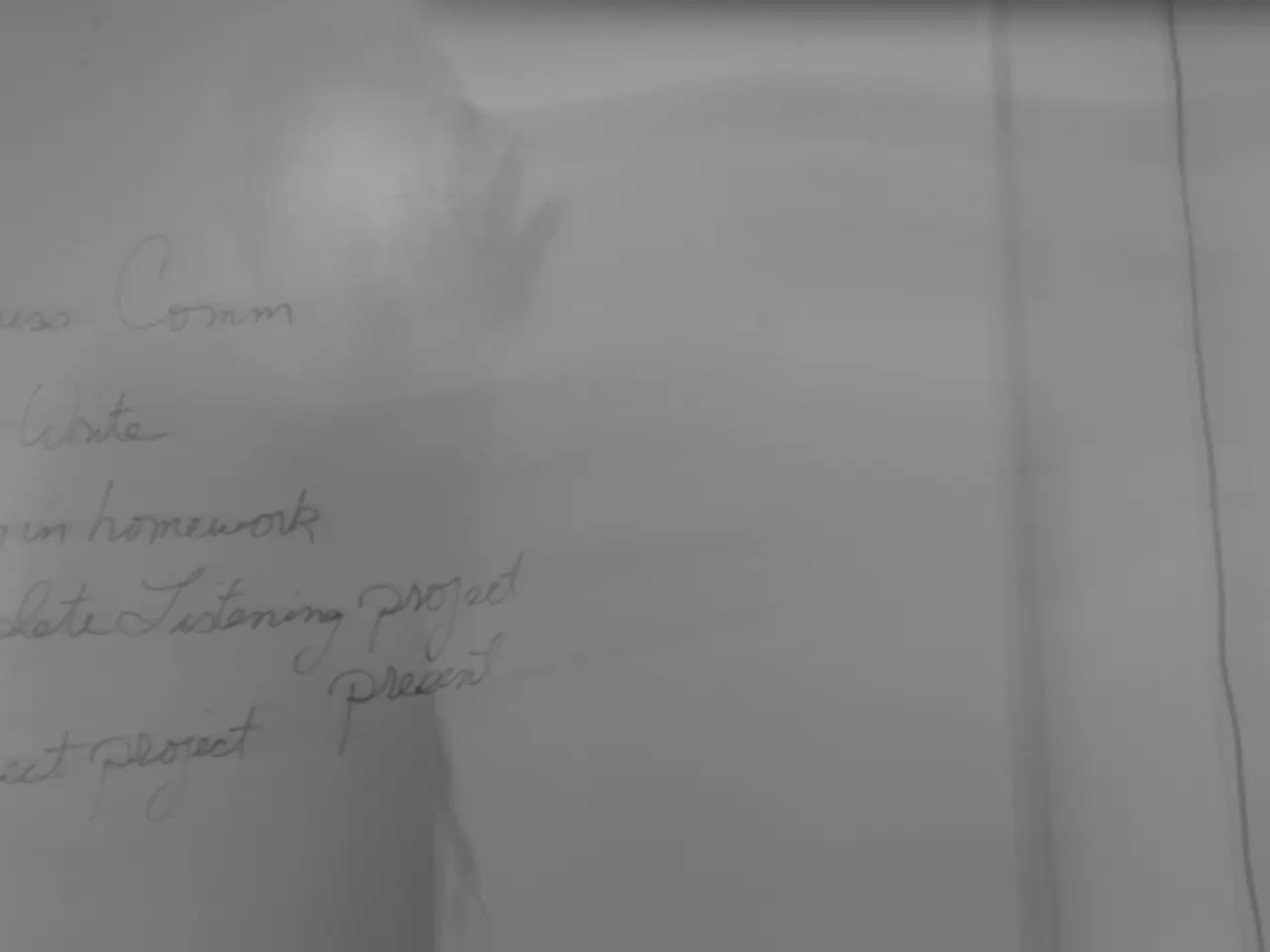Potential reductions in the "One Big Beautiful Bill Act" proposed by the GOP may endanger healthcare coverage for approximately 277,000 residents in Kentucky.
In the ongoing debate in Congress, the One Big Beautiful Bill Act has been a topic of significant discussion. This bill, if passed, is set to make substantial changes to Medicaid and impose new work requirements for eligibility.
Josh Bivens, the chief economist with the nonprofit Economic Policy Institute, has suggested that the implications of this bill are so significant that they have drawn the attention of six Nobel Prize winners. Bivens predicts that hospitals and doctors could face a steep increase in "uncompensated care" if the bill passes, with potential implications for Medicaid payments.
The bill aims to reduce government spending on Medicaid and introduce work requirements for eligibility, which could primarily affect Medicaid coverage in rural counties. Starting as early as 2027, people under 65 must work or participate in approved job-related activities for at least 80 hours per month to qualify for Medicaid, unless exempted. States will also need to verify eligibility every six months more frequently than before.
This could lead to a reduction in Medicaid enrollment in rural counties, resulting in fewer insured patients. This reduction could potentially increase the uncompensated care burden on rural hospitals and providers, threatening their financial viability and the availability of services in already resource-constrained rural settings.
The Act also introduces some rural-focused provisions like qualified rural opportunity funds (QROFs) to encourage investment in rural areas. However, these mainly relate to tax and business incentives rather than direct healthcare funding or services.
The GOP bill aims to fund Trump administration priorities, including more immigration raids, border wall construction, and extending tax cuts passed in 2017. Republicans have expressed doubts about the projections from the nonpartisan Congressional Budget Office regarding the loss of Medicaid coverage.
According to Bivens, if the bill becomes law, there could be a direct transfer of income from vulnerable families on Medicaid to the richest Americans, with average annual cuts to Medicaid exceeding $70 billion after the 2026 midterm elections. Six Nobel laureate economists have signed an open letter opposing cuts to safety-net programs in the budget reconciliation bill, warning that the measure could add $5 trillion to the national debt.
It's important to note that the Act does not impact Medicare plans directly and does not appear to include direct funding increases for rural health providers. The term "uncompensated care" refers to situations where people without coverage get sick but can't afford to pay their medical bills.
In conclusion, the Act's tightened Medicaid eligibility via work requirements and more frequent verification is expected to reduce rural Medicaid enrollment, which could negatively affect hospitals and health providers in rural counties by increasing uncompensated care and straining their financial resources. This analysis is based primarily on provisions about Medicaid and related health and social assistance programs within the Act, as detailed in the available legislative summaries.
- The One Big Beautiful Bill Act, currently under debate in Congress, may significantly impact Medicaid by imposing new work requirements for eligibility.
- Economist Josh Bivens, from the nonprofit Economic Policy Institute, warns that if passed, this bill could lead to an increase in "uncompensated care" for hospitals and doctors.
- The bill's provisions could predominantly affect Medicaid coverage in rural counties, potentially increasing the uncompensated care burden on rural hospitals and providers.
- The bill does not seem to include direct funding increases for rural health providers or impact Medicare plans directly, but it could indirectly affect the general-news landscape by potentially reducing Medicaid enrollment in rural areas.
- Six Nobel laureate economists have signed an open letter opposing cuts to safety-net programs in the budget reconciliation bill, citing concerns about the potential increase in the national debt.




